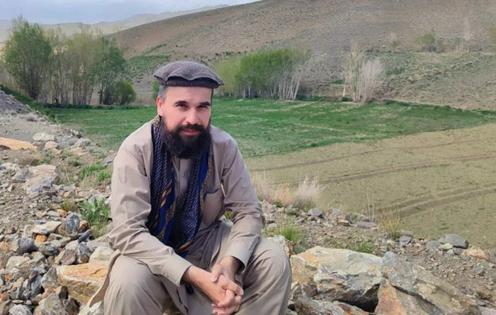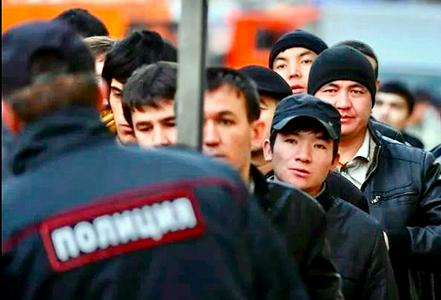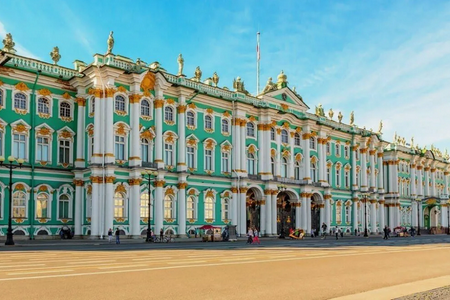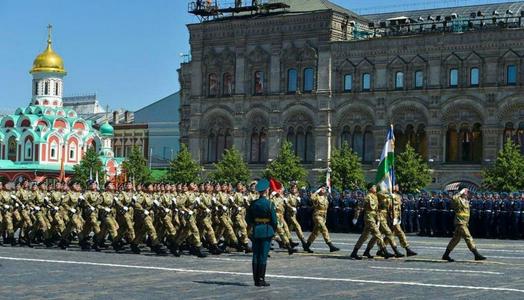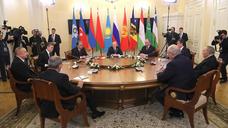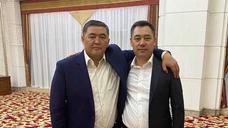Russian ethnographer, journalist, and traveler Svyatoslav Kaverin has been detained in Afghanistan. The researcher announced his detention in the city of Kunduz on July 19 via his personal Telegram channel, SWAT SLAV.
According to Kaverin, he is suspected of attempting to smuggle jewelry that he says he was carrying as souvenirs.
“I was detained in Kunduz for allegedly ‘smuggling’ jewelry. I’m currently being taken to Kabul, to the intelligence directorate. I hope it will just be a matter of questioning and filling out paperwork for the jewelry,” Kaverin wrote. He added that his smartphone is only given to him occasionally.
Comments under his post note that his last known communication was around 6:00 p.m. on July 18. He was expected to arrive in Kabul early the next morning, but no further updates have been received since.
The Russian embassy in Afghanistan confirmed Kaverin’s detention.
“We are aware of the situation and are working on it,” the embassy’s press office in Kabul told the RIA Novosti news agency.
There has been no official statement from Afghan authorities.
Svyatoslav Kaverin is a Russian ethnologist and scholar of the cultures of the Hindu Kush peoples, specializing in eastern Afghanistan and northern Pakistan. A graduate of the Russian State University for the Humanities (RSUH), he has worked at the Center for Paleoethnological Studies in Moscow and the Institute of Oriental Studies of the Russian-Armenian University in Yerevan. He has served as curator and academic consultant for several ethnographic exhibitions in Moscow, including:
👉 In the Shadow of Peaks: Mountain Peoples of Afghanistan at the State Museum of Oriental Art;
👉 Indo-Iranian Frontier: Peoples of the Eastern Hindu Kush at the Eastern Cultural Center of the Institute of Oriental Studies, Russian Academy of Sciences.
Kaverin’s research includes fieldwork in remote areas of the Hindu Kush, where he has studied the unique traditions, languages, clothing, and ethnic identities of small indigenous groups.
